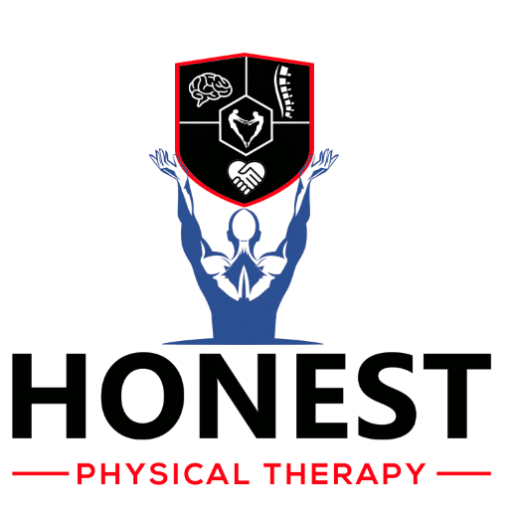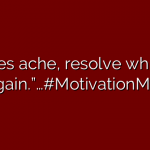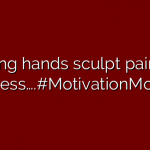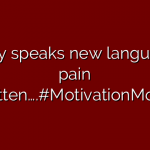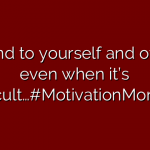Transcript:
[Music]
Tyson R, you’re asking beyond exercises, are there any dietary or lifestyle modifications I can make to support my disc health and recovery?
Tyson, I love this question because it speaks to something that I talk about on a daily basis called the Continuum of Health. It essentially encompasses the four pillars of health: nutrition, sleep, movement, and then relaxation or stress, depends on what coin you want to look at it from. But they’re ever-changing, they exist on a continuum hence the range of movement with these things, and they’re not perceptively different from each other but the extremes are.
So, for example, you can’t make a dietary or sleep modification without impacting your movement or your relaxation. So, if I start sleeping on my back and I don’t sleep on my back all that often and I’m not getting restful sleep, when I wake up the next day, I’m going to be less than I’m gonna need to move more because I’m gonna feel real stiff even though I may not be inclined to, and I’m probably gonna have a higher stress level because I didn’t sleep. I didn’t recover.
So, there’s no singular magic bullet to directly answer your question in terms of diet or lifestyle, particularly if you’re trying to heal a disc issue, but there’s several evidence-based approaches you can take.
So, first is diet. If we’re going to look at diet, it’s anti-inflammatory foods and reducing inflammatory foods. So, whole, unprocessed foods, less sugary drinks, less red meat, less trans and saturated fats. All of that will lead to more inflammation in your body, whereas the whole, unprocessed foods will reduce them and they promote healing. Drinking sufficient water, pretty obvious one because it’s maintaining that healthy disc height and also the flexibility in your muscles. Maintaining a healthy weight, so extra weight, more stress on the body, I mean it’s pretty simple physics. So, if you’re heavier, your body’s doing more work to do the same thing that everyone else is doing.
And then incorporate supplements as needed to make up for deficits, like vitamin B or D, vitamin complexes, or if you want to go more exotic, you could do like ashwagandha root with angelica, sour sop, or betony, which is specifically good for neck tension and headaches if that seems to be the case for you.
Lifestyle changes, it’s really just managing stress because chronic stress is going to increase your pain sensitivity and hinder healing. So, yoga, meditation, chiang, deep breathing, music, things you like that calm you down, put you in a good head space. Try to avoid slouching as well. Like posture is a habit, so it’s part of your lifestyle. You know, you don’t want to be that guy in photos who’s always like this all the time. Get enough sleep, we kind of talked about that already.
Quit smoking if you’re a smoker, I think that’s pretty obvious. And then the ergonomics that we spoke to earlier. And then another one I would throw in because it’s sort of a hot topic is CBDs. I’m a big proponent of CBDs. I mean, hell, this podcast is sponsored by a CBD company for that reason because they work and they’re very, very good at reducing inflammation in your body, alleviating stressful moods, and there’s really no negative side effects. So, it’s worth a shot.
[Music]
